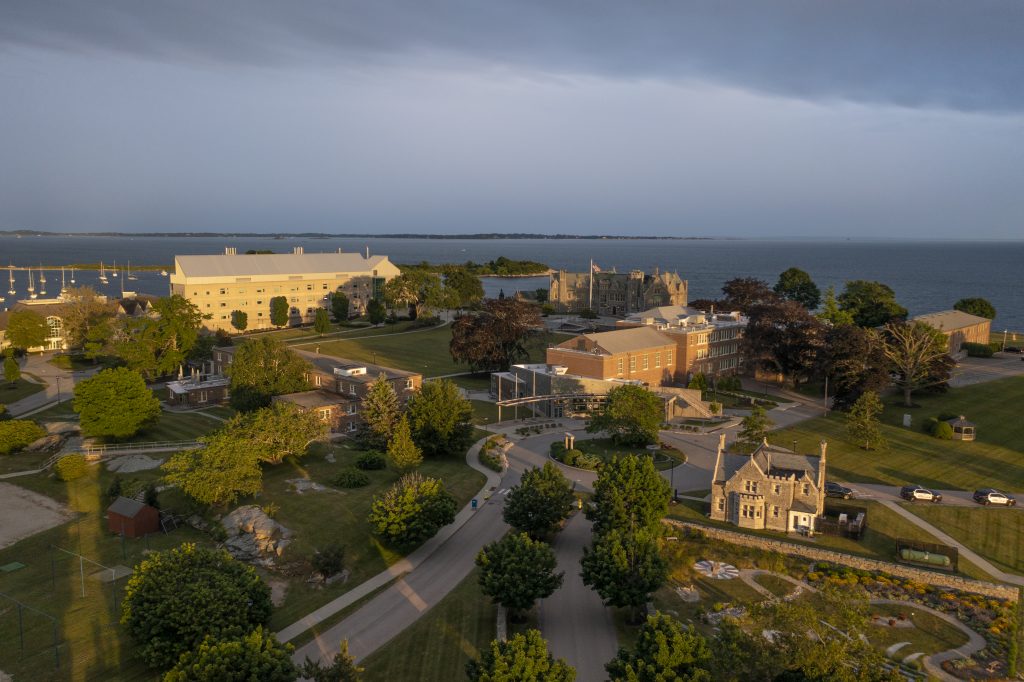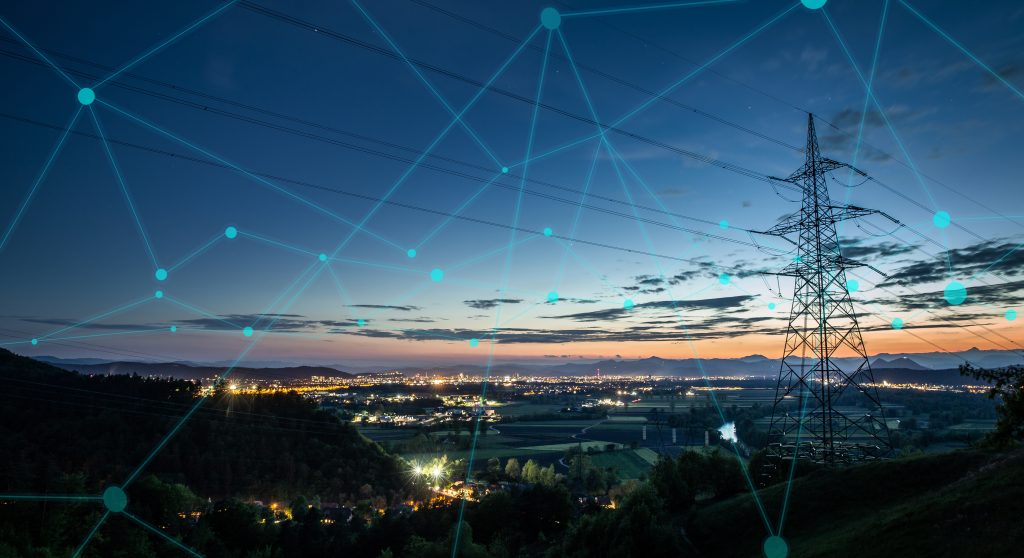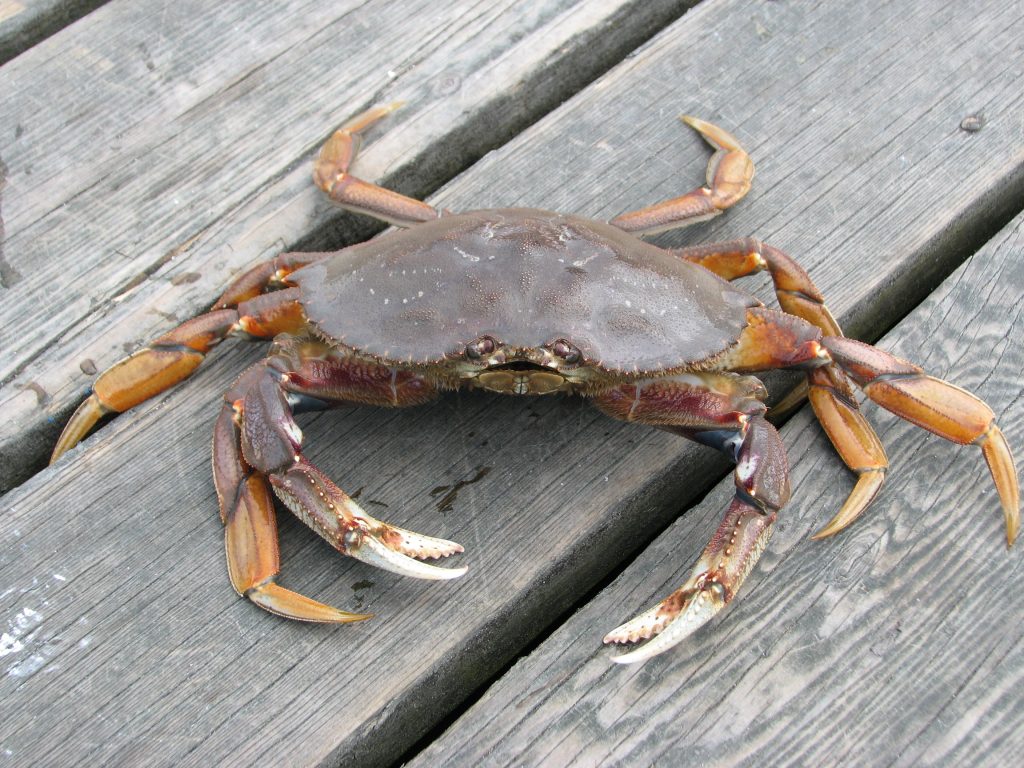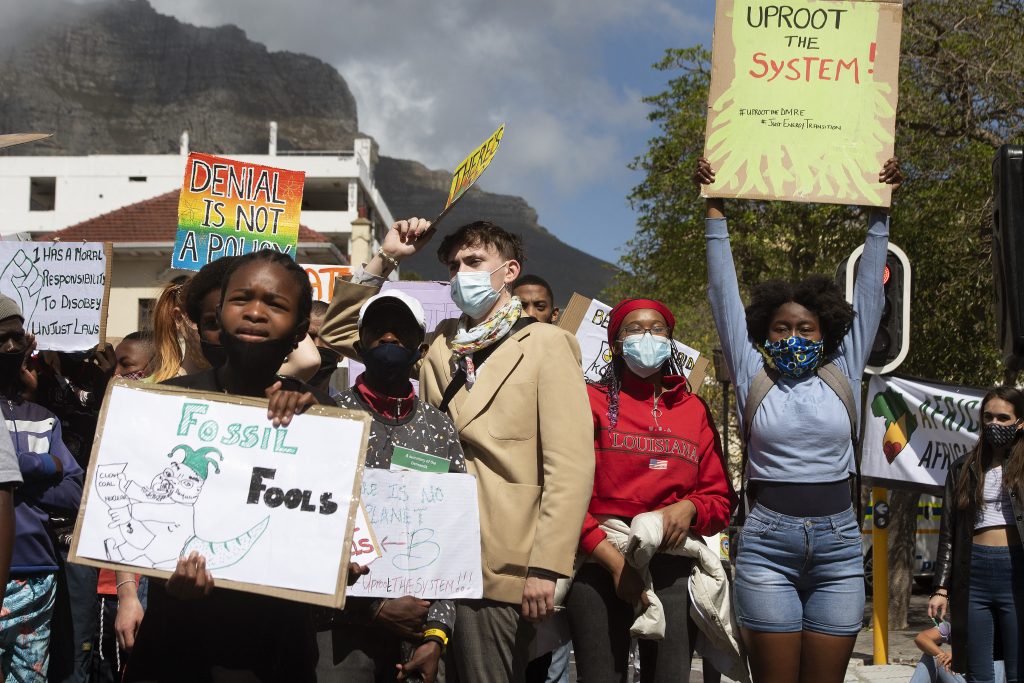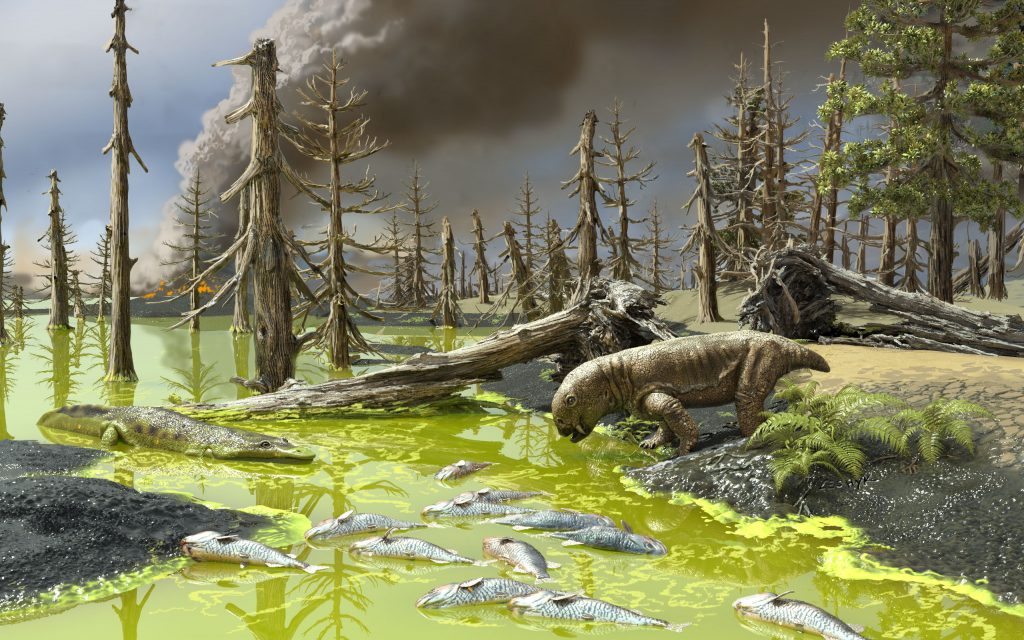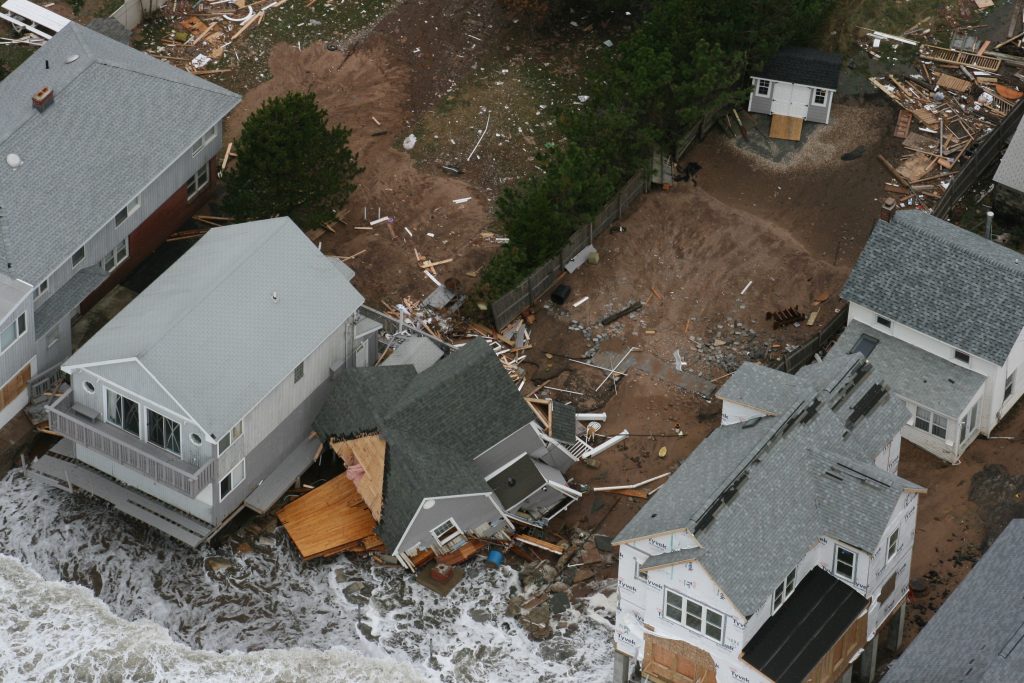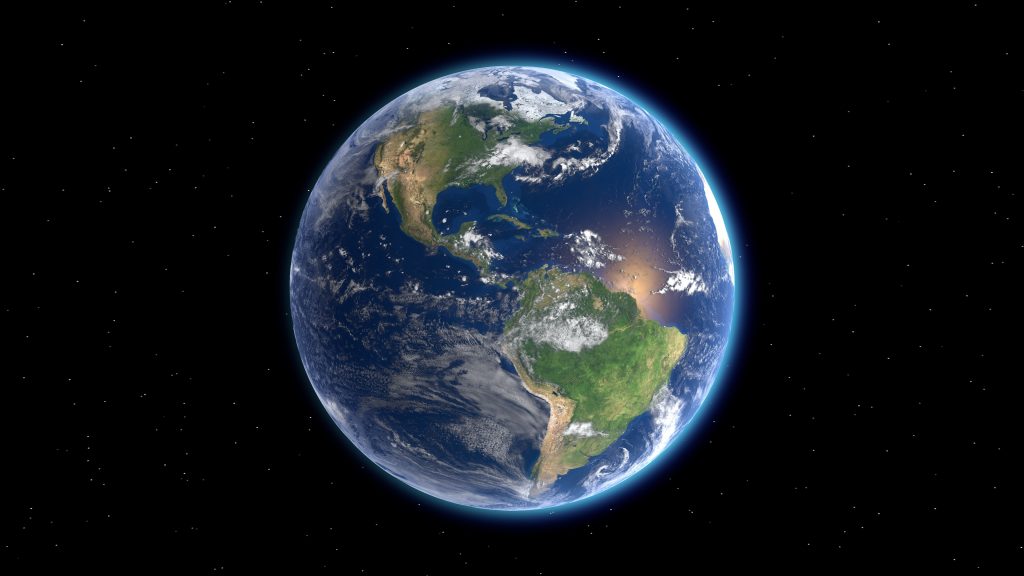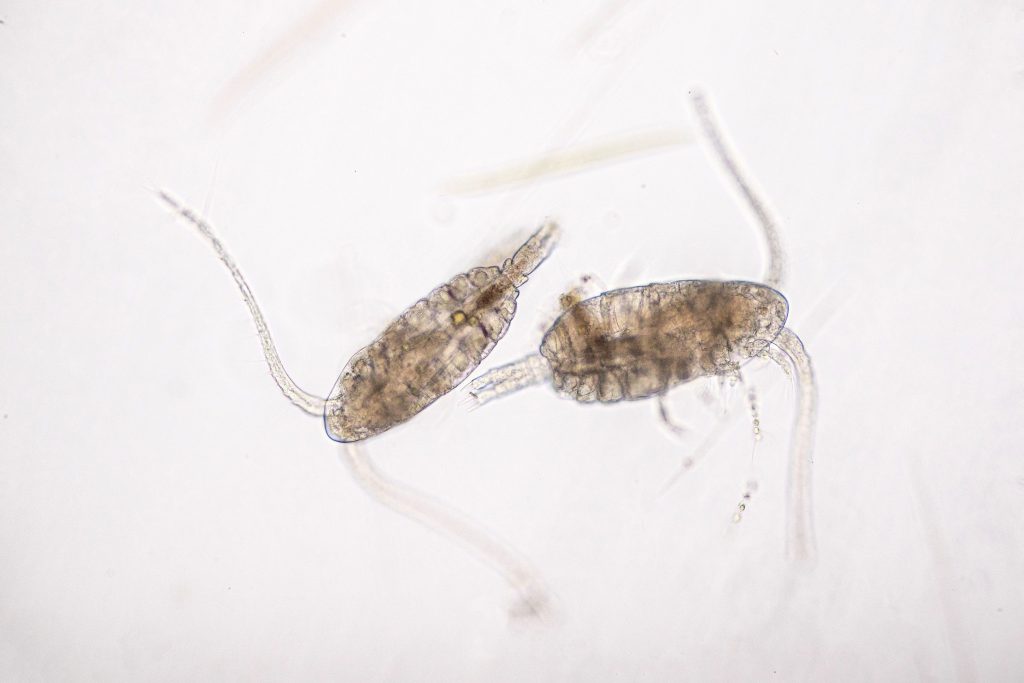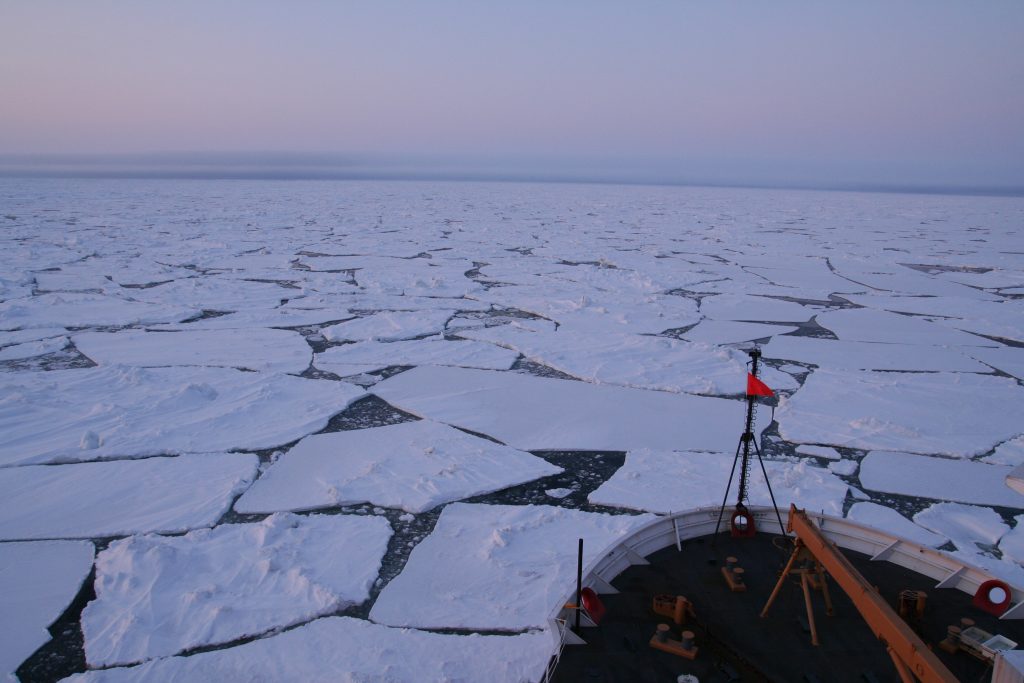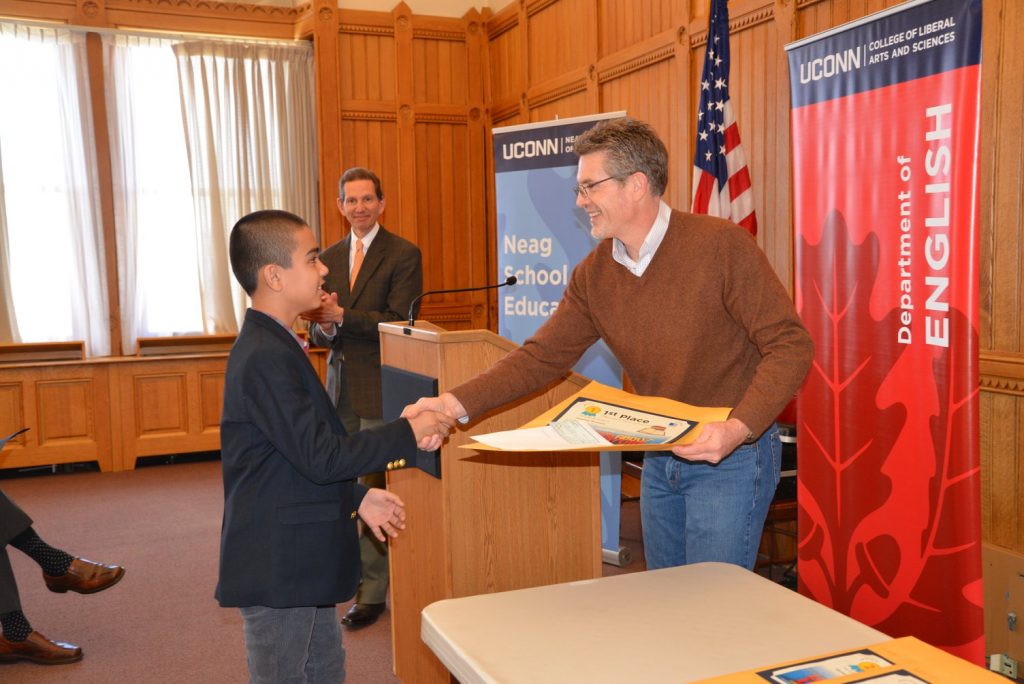Climate change
UConn Researchers to Explore Marine Life, Human-Sea Interaction
The projects touch on everything from the effects of climate change on marine animals to how coastal communities respond to flood risk
November 5, 2021 | Judy Benson, Connecticut Sea Grant
New UConn Research Project Aims to Eradicate Use of Gas 25,200x More Harmful Than CO2
Working to create an electrical grid free of a potent greenhouse gas
October 19, 2021 | Eli Freund
Understanding How a Crab’s Complex Life Cycle Will Respond to Climate Change
Research with implications for species under stress from a warming planet
October 8, 2021 | Elaina Hancock
Climate Change Literacy Lessons from Africa
'If people are literate about climate change and have a better idea of what's coming, then they can adapt more effectively'
October 7, 2021 | Combined Reports
Animals Died in ‘Toxic Soup’ During Earth’s Worst Mass Extinction, a Warning for Today
'The end-Permian is one of the best places to look for parallels with what's happening now'
September 17, 2021 | Combined Reports
UConn Researcher Develops Novel Storm Damage Prediction Model
Wei Zhang used GIS and statistical data to construct a novel model of tsunami damage in Fairfield, CT. The model can easily transfer to other storm types and communities.
September 7, 2021 | Anna Zarra Aldrich '20 (CLAS), Office of the Vice President for Research
Rx for Humanity: Whole Earth Environmentalism
'We are producing rates of change faster than the Earth is used to experiencing, and that's a big problem'
September 2, 2021 | Elaina Hancock
For Copepods, there is No Free Lunch when Coping with Climate Change
Challenges for this small marine animal have ripple effects through the whole food web and beyond
August 26, 2021 | Elaina Hancock
The Arctic Ocean’s Deep Past Provides Clues to its Imminent Future
'Ongoing environmental change in the Arctic is alarmingly rapid'
August 16, 2021 | Combined Reports
Their Efforts Today Will Impact the State, and the World, for Decades to Come
UConn researchers working in the environment, documenting people’s lives during the pandemic, and teaching children to write better will have profound implications in the future
July 15, 2021 | Amanda Song
